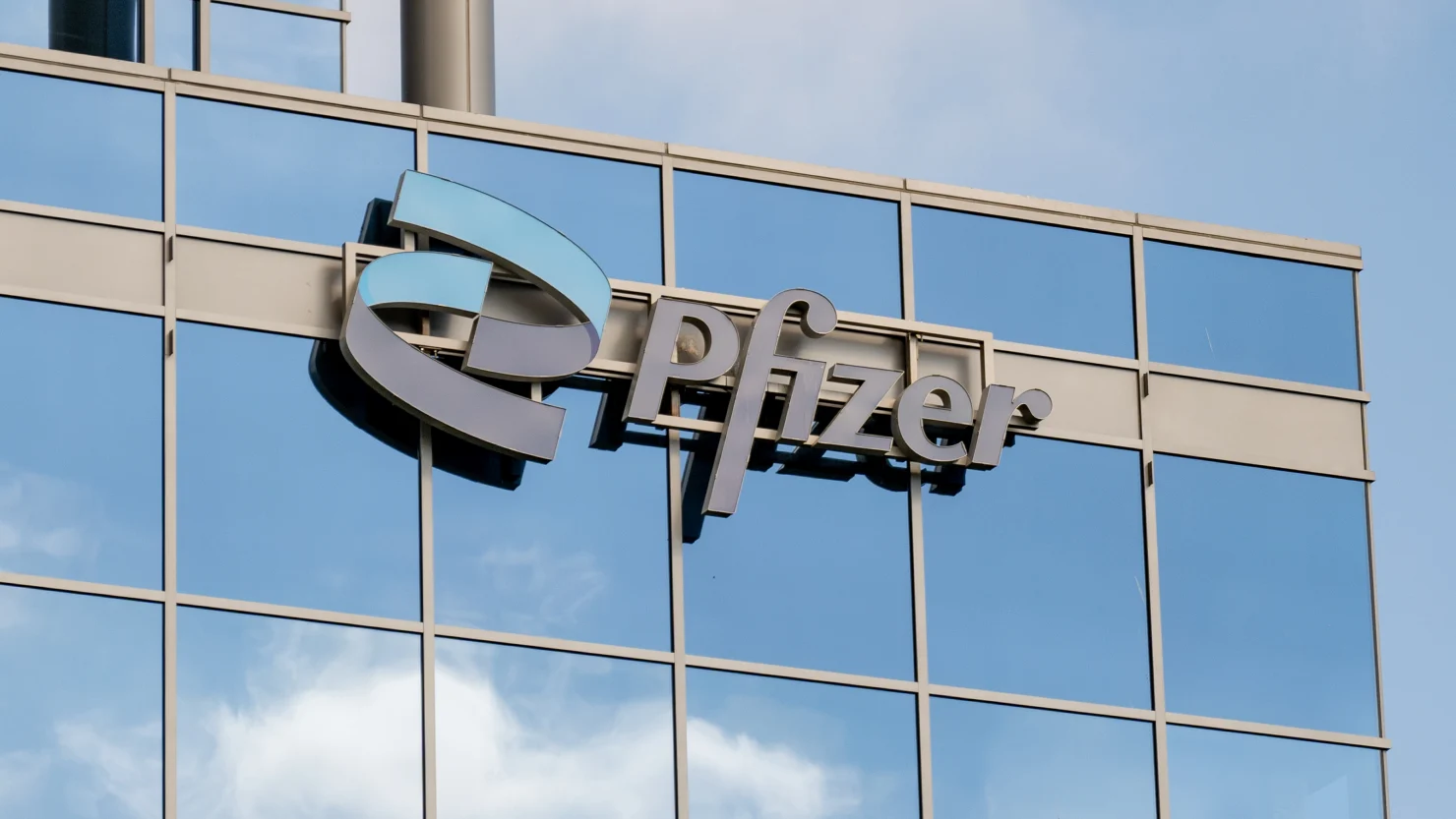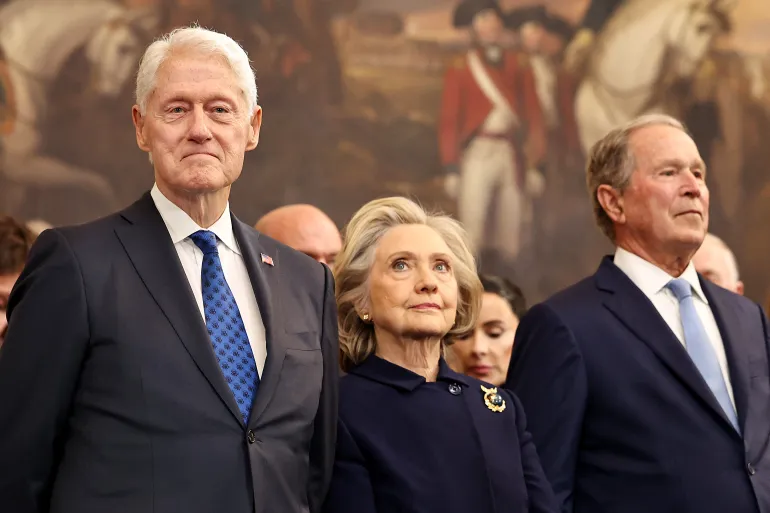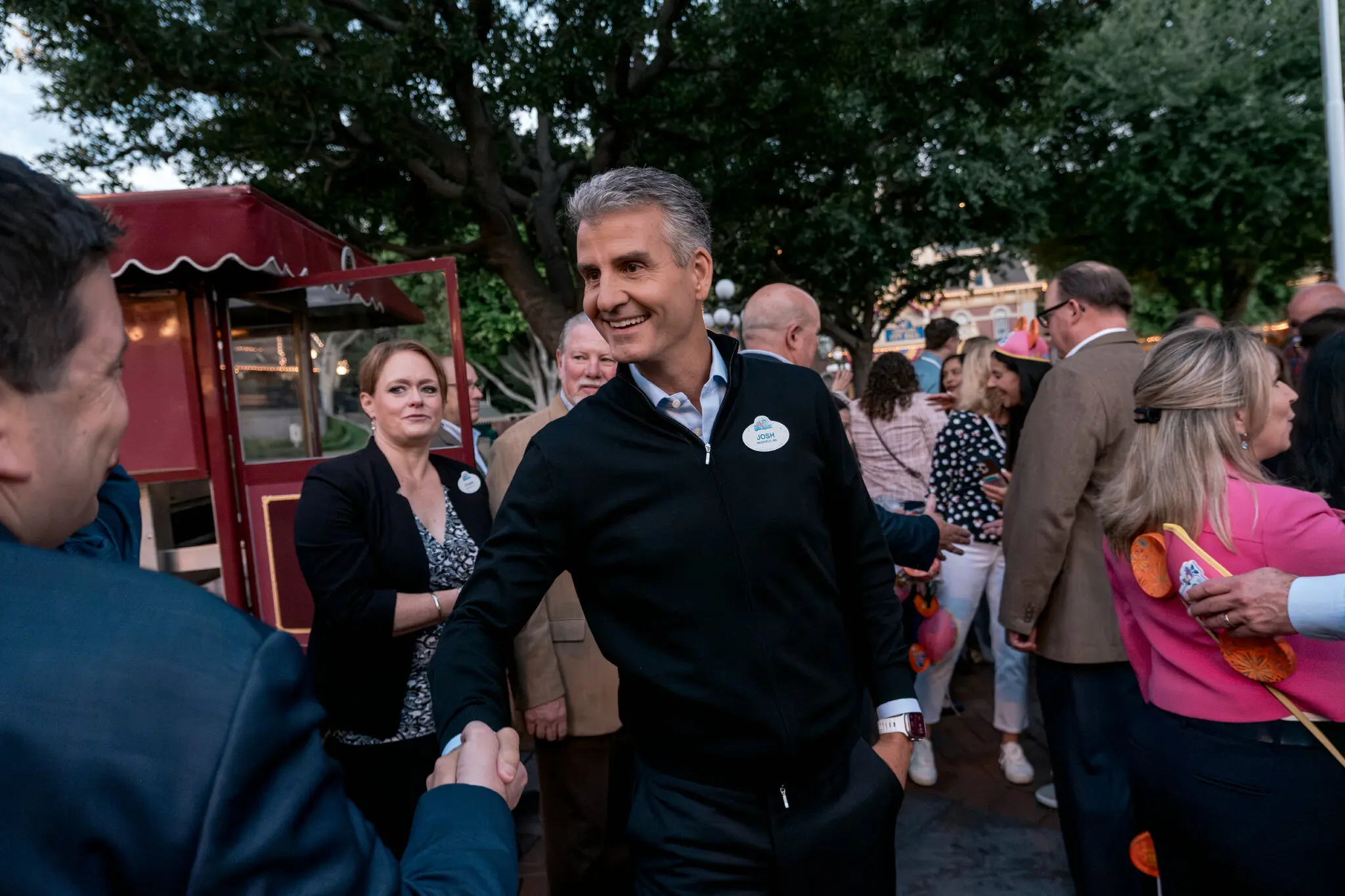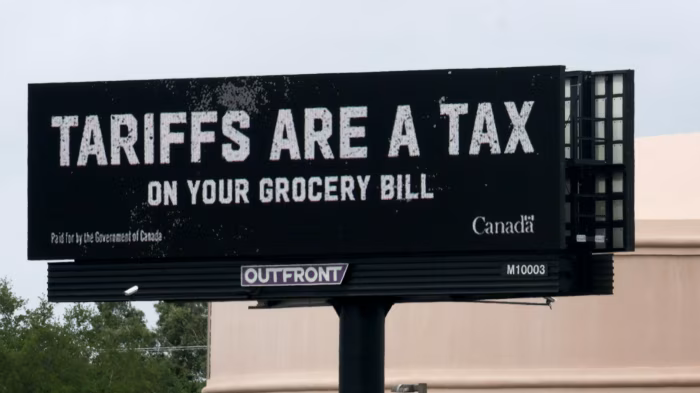As the US prepares for the latest round of trade tariffs, signs of economic strain are becoming more apparent, raising concerns about a potential stagflationary environment, the Financial Times reports.
While official data remains mixed, declining consumer sentiment, persistent inflation, and trade-related disruptions suggest growing challenges for the Federal Reserve and broader economic stability.
Recent surveys indicate a notable decline in consumer confidence. Data from the University of Michigan and the Conference Board show a sharp drop in optimism since the beginning of the year. While consumer sentiment can be volatile and influenced by partisan biases, Federal Reserve Chair Jerome Powell has acknowledged that deteriorating confidence could eventually impact spending behavior.
Additionally, the Federal Reserve’s Beige Book—a key report on economic conditions—has recorded slowing activity and rising price pressures across multiple regions. In the energy sector, the Dallas Fed’s survey revealed heightened pessimism, with industry executives citing uncertainty over the administration’s trade policies.
Inflation expectations, another key economic indicator, have also been rising. Short-term inflation projections from the University of Michigan consumer survey and the New York Fed’s one-year-ahead forecast show upward trends, although long-term inflation expectations remain more stable.
While sentiment data suggests economic weakness, official spending and income figures paint a more complex picture. Personal consumption expenditures showed a slight rebound in February after a dip in January, but the overall trend remains uncertain. Consumer spending, a key driver of US economic growth, could weaken if sentiment translates into more cautious financial behavior.
On the inflation front, price pressures continue to exceed the Federal Reserve’s 2% target. While some analysts attribute recent inflationary trends to seasonal factors, Powell has explicitly linked rising prices to trade tariffs, warning that further progress in lowering inflation may be delayed.
One of the key economic debates revolves around the impact of tariffs on inflation. The Trump administration has argued that foreign producers, particularly from China, will absorb the cost of tariffs by lowering prices. However, recent data suggests otherwise—import prices from China rose 0.5% in February alone, indicating that tariffs may be contributing to higher prices for American consumers.
Financial markets have also responded to growing economic uncertainty. US stock indexes have experienced declines, particularly in sectors exposed to trade disruptions. Meanwhile, inflation expectations, as reflected in financial market data, have ticked higher for both the near and long term.
Federal Reserve officials have adopted a more cautious stance as inflationary pressures persist. Chicago Fed President Austan Goolsbee has emphasized the need for patience, noting that current trends do not yet resemble the severe stagflation of the 1970s but warrant close monitoring.
Other Fed policymakers, including San Francisco Fed President Mary Daly and Richmond Fed President Thomas Barkin, have expressed concerns about inflationary risks and the potential for tariffs to exert further upward pressure on prices. Boston Fed President Susan Collins has also revised her views, now warning that trade policy could have a greater inflationary impact than previously expected.










The latest news in your social feeds
Subscribe to our social media platforms to stay tuned